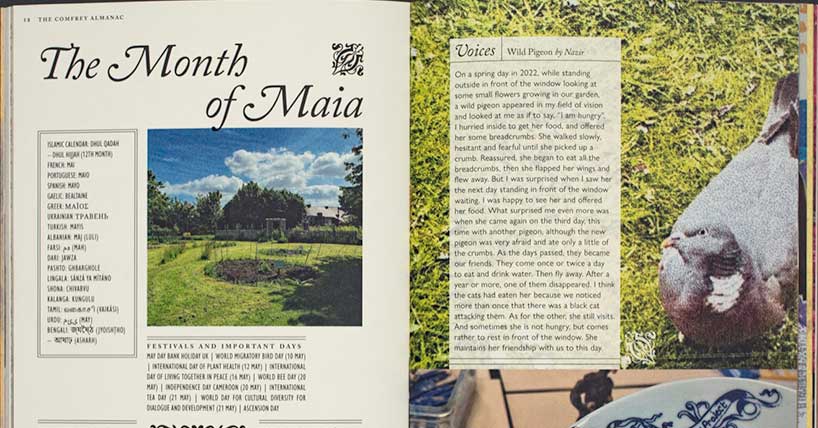engineering research fellowships
Engineering excellence recognised with esteemed Research Fellowship
Published on: 14 August 2020
A Newcastle University chemical engineer has been recognised with a prestigious Research Fellowship from the Royal Academy of Engineering.
Crucial research towards net-zero
Dr Greg A. Mutch was awarded the Fellowship for his project, “Advancing facilitated-transport membranes for disruptive carbon dioxide separation”. His research will investigate membrane structure and function and further develop new membranes for the separation of CO2 – a crucial part of the move towards a net-zero society. The project will also involve collaboration with academics at various institutions, and industrial collaborators will consult on commercialisation opportunities for the new membranes. Dr Mutch is also planning public engagement events to engage a range of stakeholders as part of the project.
Dr Mutch, a chemical engineer in the Materials, Concepts and Reaction Engineering (MatCoRE) Group in the School of Engineering, is one of only 16 researchers to be awarded the Royal Academy of Engineering Research Fellowship this year. It is the first time since the 2004/5 call that a researcher from Newcastle University has been awarded the Fellowship. It follows another recent success for the MatCoRE group, the appointment of Professor Ian Metcalfe as a Royal Academy of Engineering Chair in Emerging Technologies.
Dr Mutch, who was also one of the first Newcastle University Academic Track (NUAcT) Fellows, said: “Winning a Royal Academy of Engineering Research Fellowship, put simply, makes me excited for the future and grateful for the generous support. The award underlines the value of research into CO2 removal; an area of increasing importance as we move towards a net-zero UK. The generous support will help me to build a leading team that will pursue adventurous, blue-skies, world-leading research, working with the best researchers at Newcastle and beyond.
“I am also proud to be able to contribute to the Chemical Engineering discipline at Newcastle, which has a long and notable history. I look forward to contributing to a passionate, diverse, and forward-facing research culture with the many great colleagues in my discipline and beyond, while being an ambassador for both the Academy and Newcastle. Research is very much a team effort, so I am extremely grateful for the support of my colleagues past and present.”
Advancing excellence in engineering
The Academy’s Research Fellowships are designed to advance excellence in engineering by enabling early-career researchers to concentrate on basic research in any field of engineering.
Each awardee receives five years’ worth of funding to allow them the freedom to concentrate on basic research in any field of engineering and establish a track record in their research careers. They also receive mentoring from experienced Academy Fellows, providing valuable advice and industry links that will enable the researchers to establish themselves as future leaders in their fields.
This year’s awards cover such diverse areas as enhanced radar detection of drones and other small objects using electromagnetic metamaterials and modelling the role of wood jams in natural flood management. Together with projects such as novel techniques to enhance the safety and security of nuclear and radioactive materials, they have the potential to make a significant contribution to health, transport, next generation computing, safety and measurement systems and decarbonisation.
Professor Philip Nelson CBE FREng, Chair of the Royal Academy of Engineering Research Fellowships Steering Group, added: “I am delighted to announce the award of Research Fellowships to 16 of the most promising global research talents selected from a competitive application process. The variety and impact of the research being done by these awardees demonstrates the depth and breadth of world-leading engineering expertise we have within our universities. We would like to thank the government for the Investment in Research Talent initiative, which has provided the Academy with a significant increase in funding to attract and retain the best research talents in the UK and support their research and career development.”



